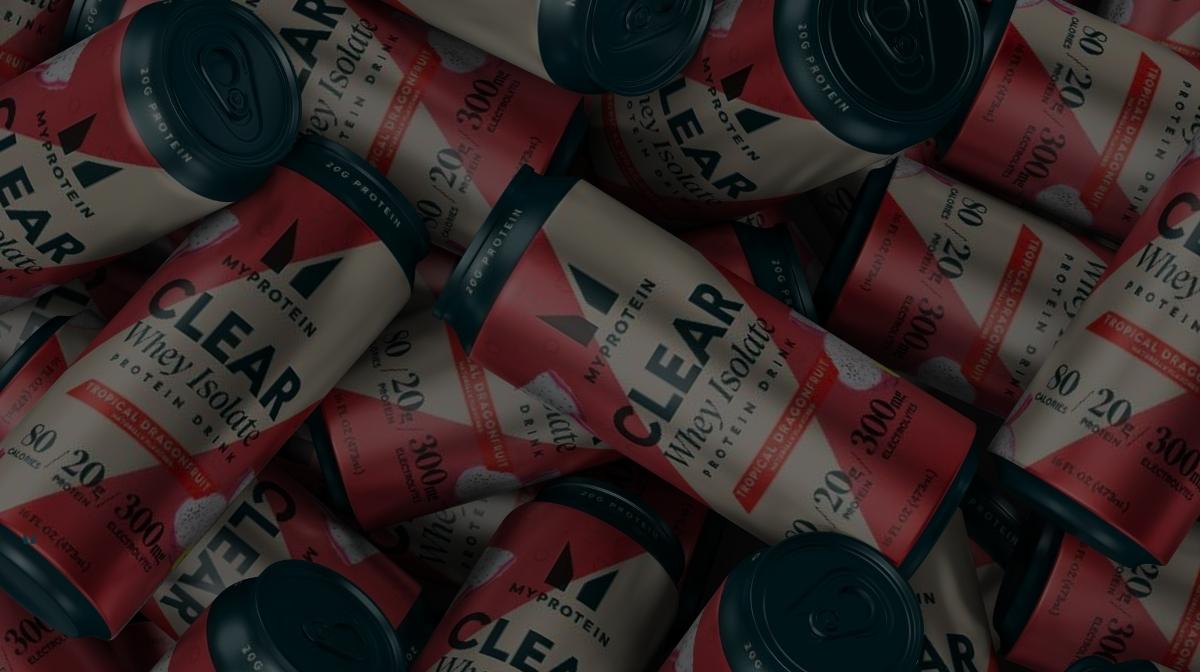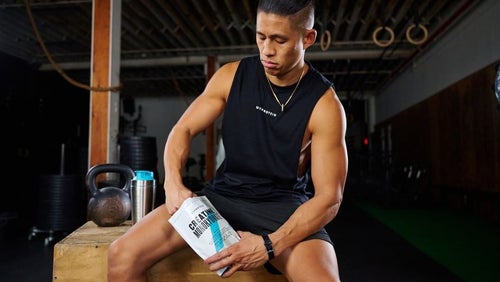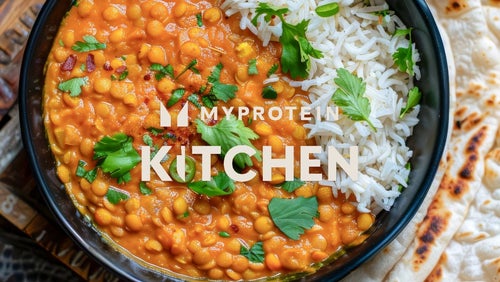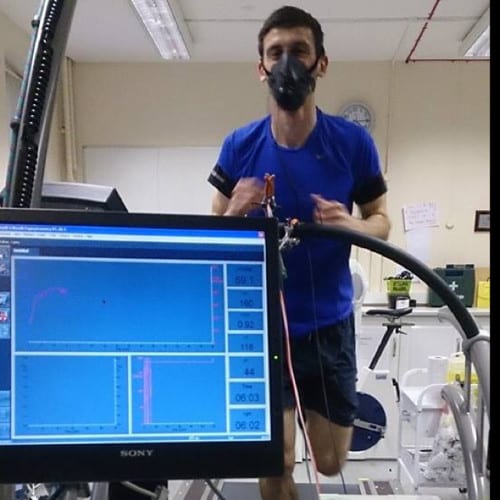Featured

Christmas
Christmas Gift Guide 2025 | Ultimate Fitness Presents
Fantastic gifts for fitness lovers and those getting ready to take on their New Year’s resolutions…...
12/15/2025 By Myprotein

Our Complete Guide To Black Friday | Everything You Need From This Year’s Sale
Now’s the time to join the hunt…...
11/01/2025 By Myprotein

New Whey Protein Drinks Hit the Shelves
The Whey Protein lineup just got even better…...
10/28/2025 By Myprotein

Ross Edgley and the Great Icelandic Swim
He is truly one of a kind…...
09/19/2025 By Myprotein
Our Editors
Latest Articles

supplements
Creatine HCL vs. Monohydrate | Which Is Better?
What is the difference between creatine HCL and creatine monohydrate, and which ...
01/29/2026 By Alice Pearson

recipes
15 Tasty Lunch Recipes Under 500 Calories
Stay energized, manage calorie intake, and still enjoy food that’s satisfying an...
01/27/2026 By Lauren Dawes

nutrition
Why Fiber is So Good For You + 28 High-Fiber Foods
Good news: Popcorn made the list....
01/23/2026 By Claire Muszalski

training
Dumbbell Leg Workout | Top 8 Exercises for Legs
Leg growth doesn’t just happen using weights machines......
01/22/2026 By Emily Wilcock

recipes
High Protein Vegan Meal Prep | Spicy One-Pot Lentil Dahl
Colorful, flavorful, and packed with protein...
01/20/2026 By Finlay Green







